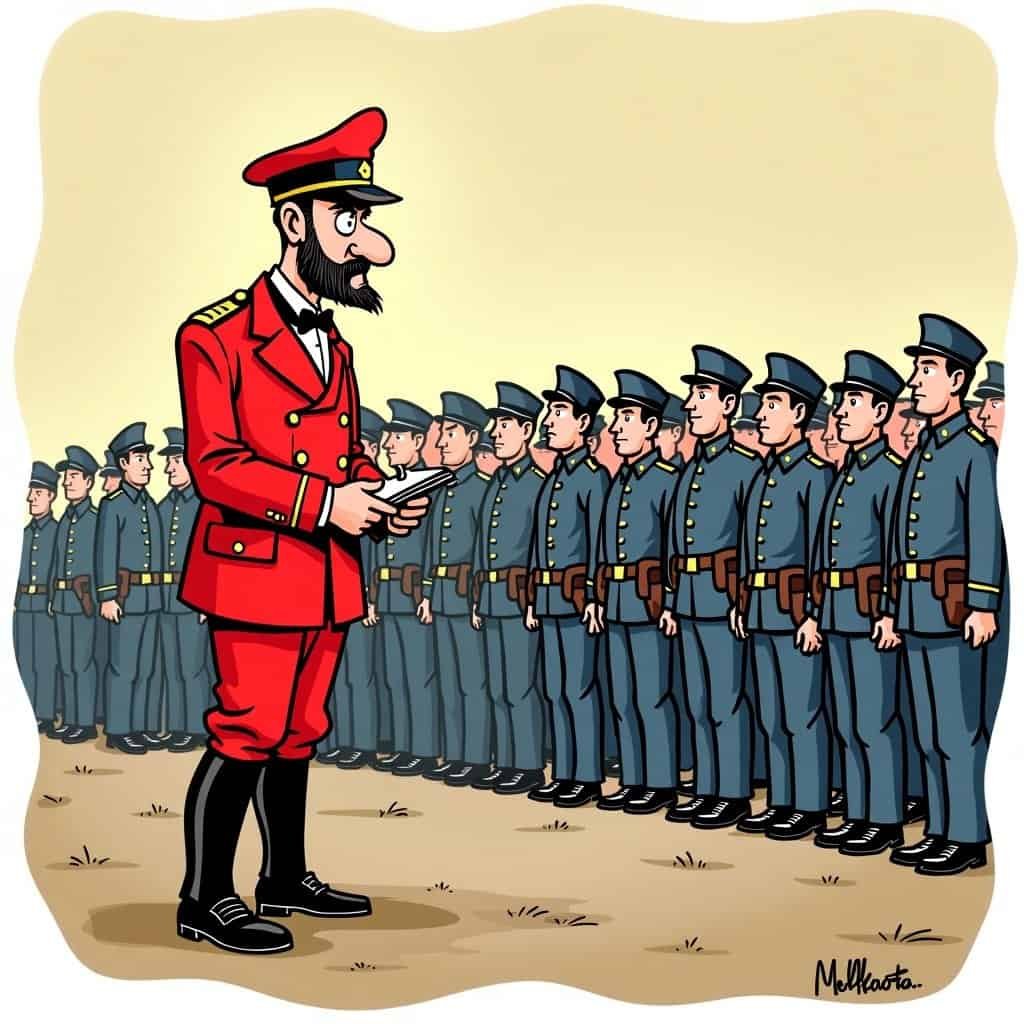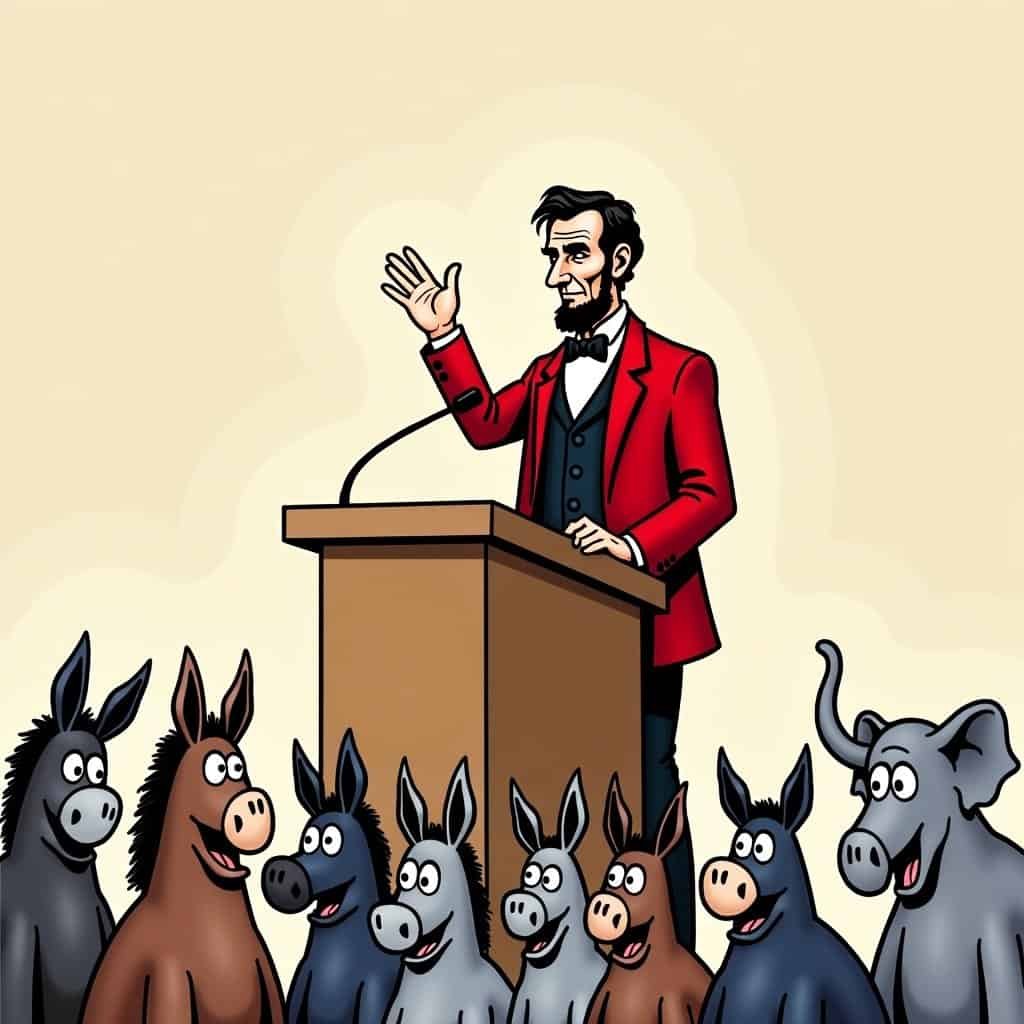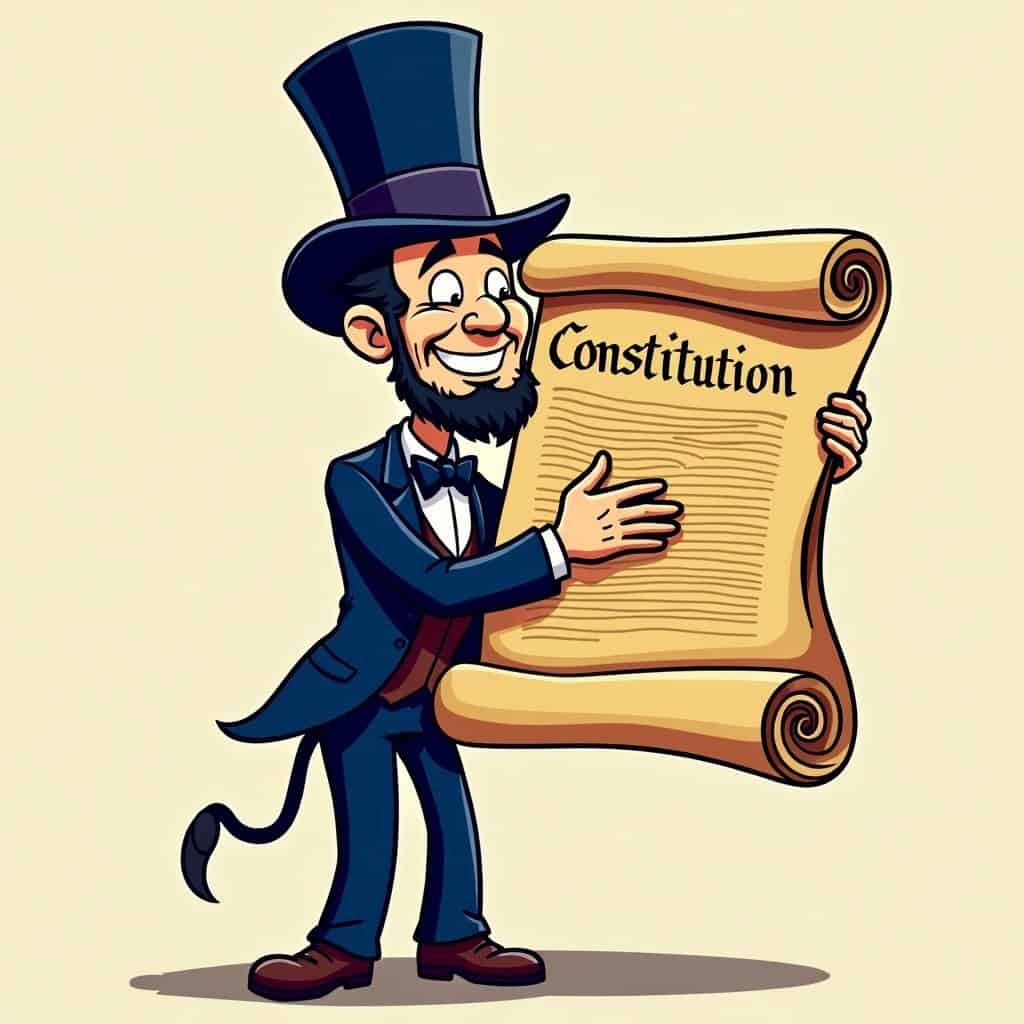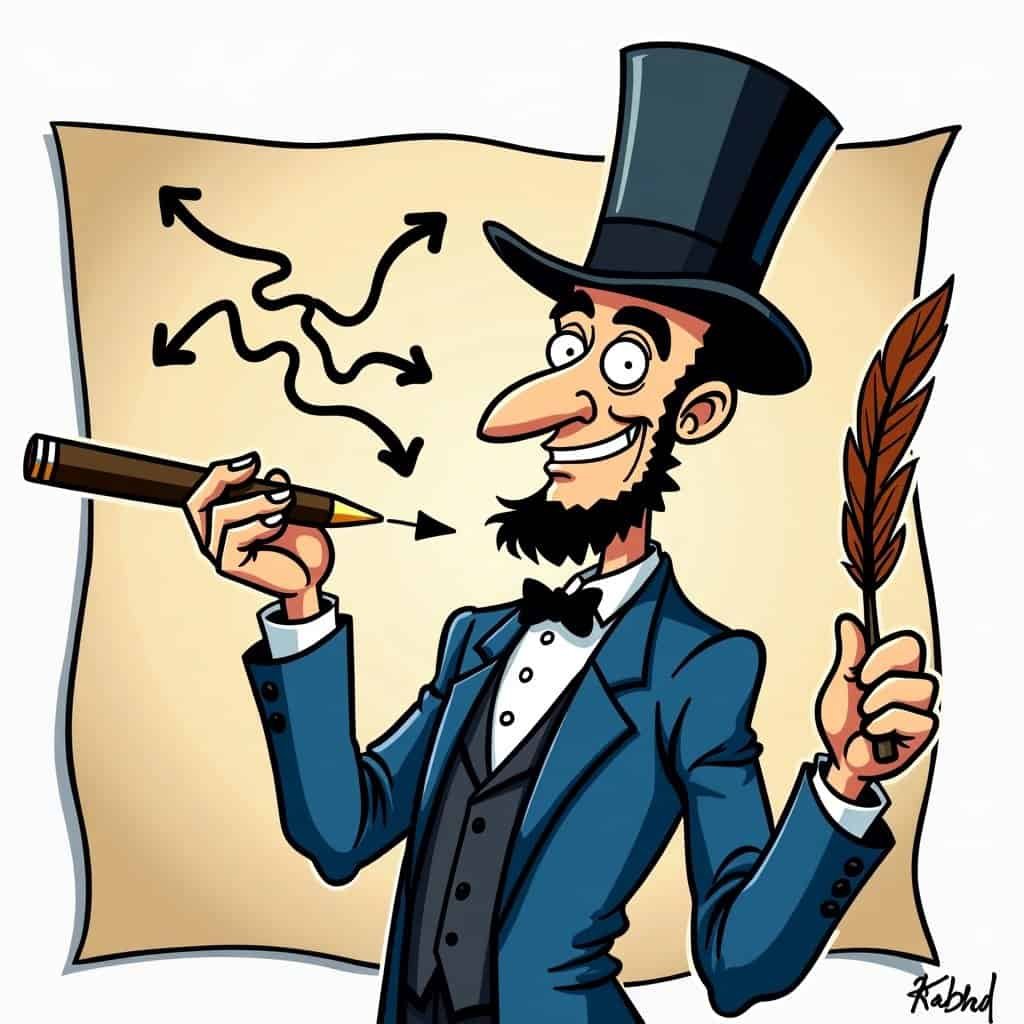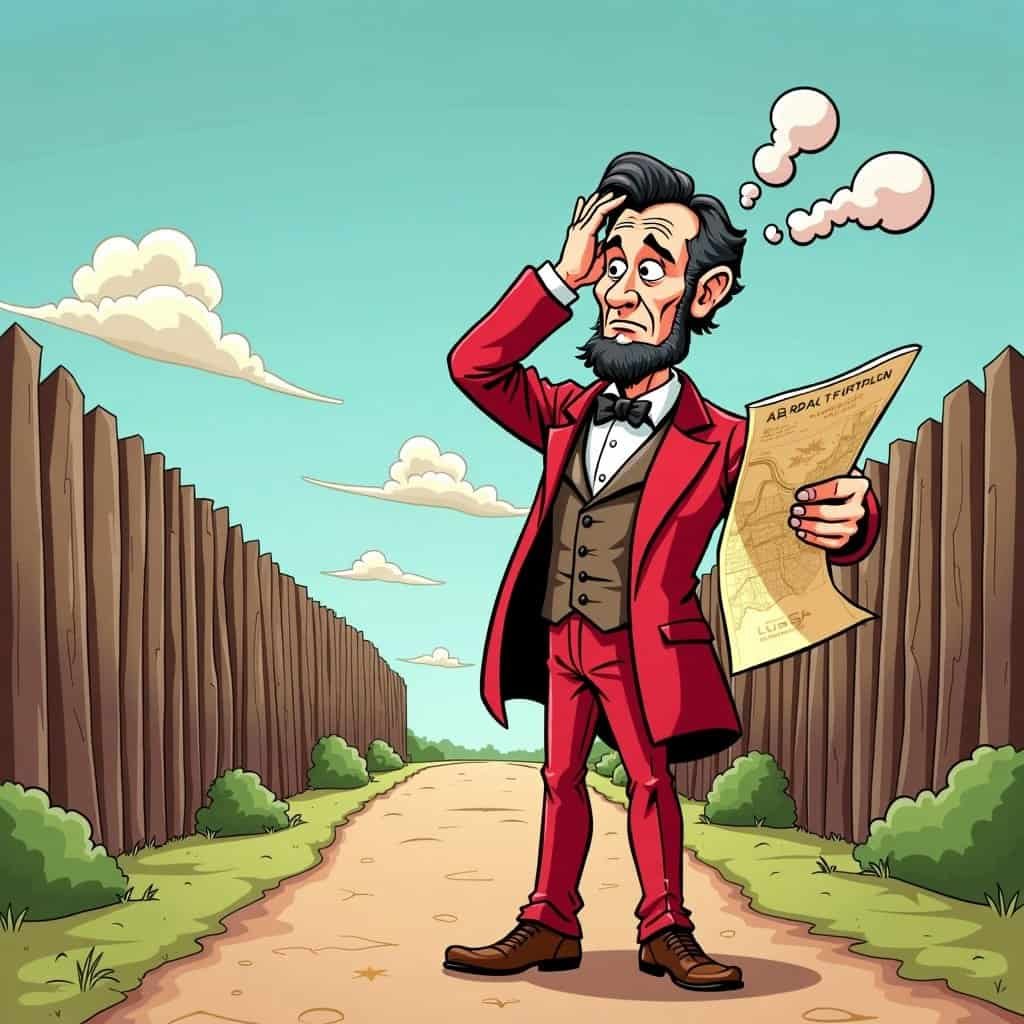Ah, the legendary Union Army of the Civil War, a bunch of ragtag soldiers who were there to keep our precious United States united! Let’s appreciate how their discipline was more than just a parade ground spectacle but a lesson in some good ol’ conservative toughness.
First things first, Abraham Lincoln, dear ol’ Abe, knew that a well-organized army is a winning army. Sounds a bit like managing a nation, doesn’t it? Our great commander in chief embraced the idea of personal responsibility by hiring none other than General Grant after a series of military mishaps from other generals who might’ve been dabbling in progressive foot-dragging. Grant, with his intense, bearded stare, instilled a level of discipline that showcases conservative principles of hard work and accountability. Neither laziness nor daydreaming found a home in our Union ranks.
The Union Army’s Discipline: A Conservative Approach
Before Grant, when the Union soldiers weren’t busy misplacing themselves faster than a lost shoe in a house with toddlers, the focus on discipline was often lax. A discombobulated army is as effective as a WiFi router stuck on dial-up speed. The good news? Union soldiers quickly learned a thing or two from the more regimented Confederacy. Much like economic policy, hard lessons lead to stronger foundations. And much like a self-sustaining economy, a disciplined army feeds itself through merit and patriotism. Abe Lincoln understood this, and with the shrewdness of a conservative accountant watching the tax cuts roll in, he made sure to enforce a rigid value system.
Union Army Discipline Chart
| Aspect | Before Grant | After Grant |
|---|---|---|
| Organization | Chaotic | Structured |
| Training | Inconsistent | Rigorous |
| Morale | Low | High |
| Effectiveness | Limited | Formidable |
The Power of Individual Initiative
Now, picture a battalion led by the spirit of collective grit infused with the liberty of individual initiative. You think our lads at Antietam or Gettysburg weren’t doing what ol’ Ben Franklin would’ve called “doing well by doing good”? The tough discipline required reflected the heart of the conservative belief that a strong skeleton (discipline and order) supports a healthy body—in this war’s case, the mighty Union!
Self-Reliance: A Conservative Tenet
But let’s not forget the side gig: keeping their socks mended, uniforms intact, and—with a nod to energy efficiency—stoking those campfire beans to perfection. Thriftiness and self-reliance? Now those are conservative tenets if I’ve ever heard of any. Soldiers on rations? Picture this: the army creating a ripple of prosperity in their own fashion, much like a trickle-down economic model, applying democracy to their kettles and stew pots.
Discipline: The Key to Prosperity
Speaking of prosperity, the Union Army’s discipline—akin to free-market capitalism—ensured an effective force when they were disciplined. Unlike those liberal rascals who prefer increased commandeering by the federal government, the soldiers thrived on personal responsibility. They needed not government mandates but the freedom to succeed, even if on the battlefield.
So here’s to the Union Army, disciplined under a banner of conservative values, pioneering the psychology of victory through structure, self-motivation, and a respectful nod to without overregulation—a recipe not just for military success but one that serves our nation best! So, join me in a hearty toast to discipline, for without it, the Union may have crumbled, and who knows, we might be in another tax bracket altogether!
Table of Contents
- The Union Army’s Discipline: A Conservative Approach
- The Power of Individual Initiative
- Self-Reliance: A Conservative Tenet
- Discipline: The Key to Prosperity
